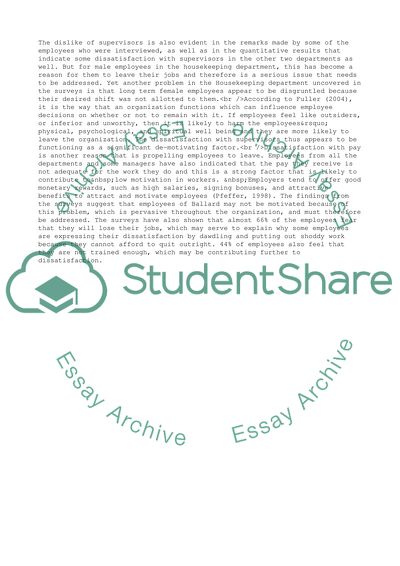Cite this document
(Conclusions about Different Companies from Surveys of Employees Report Example | Topics and Well Written Essays - 1500 words, n.d.)
Conclusions about Different Companies from Surveys of Employees Report Example | Topics and Well Written Essays - 1500 words. https://studentshare.org/business/1716290-casestudy8
Conclusions about Different Companies from Surveys of Employees Report Example | Topics and Well Written Essays - 1500 words. https://studentshare.org/business/1716290-casestudy8
(Conclusions about Different Companies from Surveys of Employees Report Example | Topics and Well Written Essays - 1500 Words)
Conclusions about Different Companies from Surveys of Employees Report Example | Topics and Well Written Essays - 1500 Words. https://studentshare.org/business/1716290-casestudy8.
Conclusions about Different Companies from Surveys of Employees Report Example | Topics and Well Written Essays - 1500 Words. https://studentshare.org/business/1716290-casestudy8.
“Conclusions about Different Companies from Surveys of Employees Report Example | Topics and Well Written Essays - 1500 Words”. https://studentshare.org/business/1716290-casestudy8.


